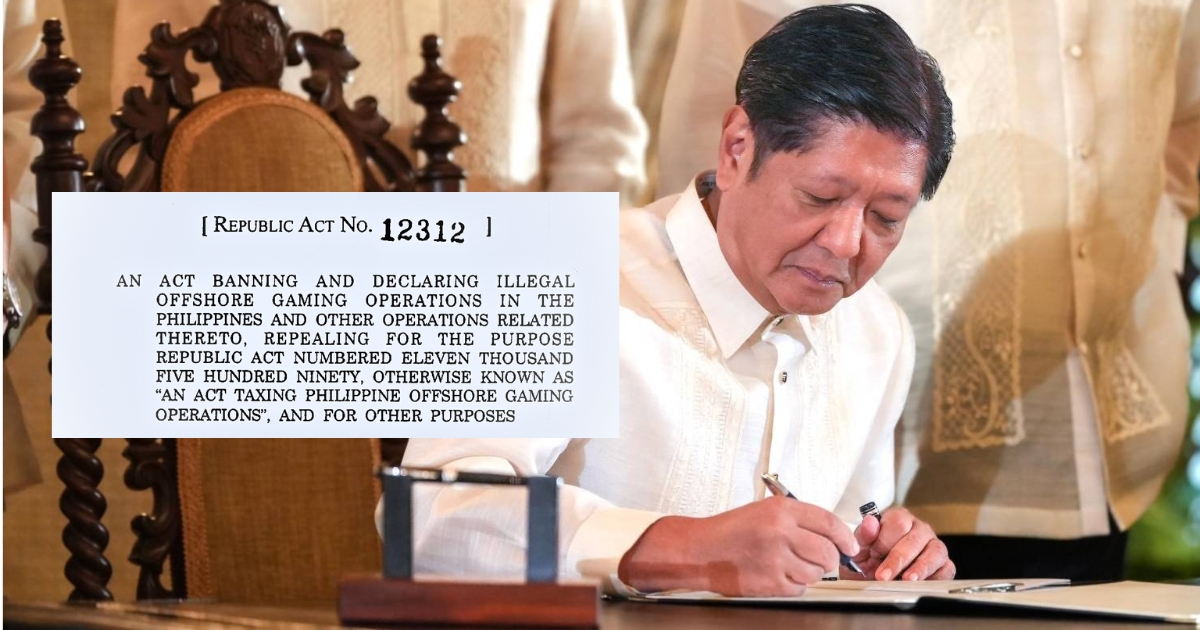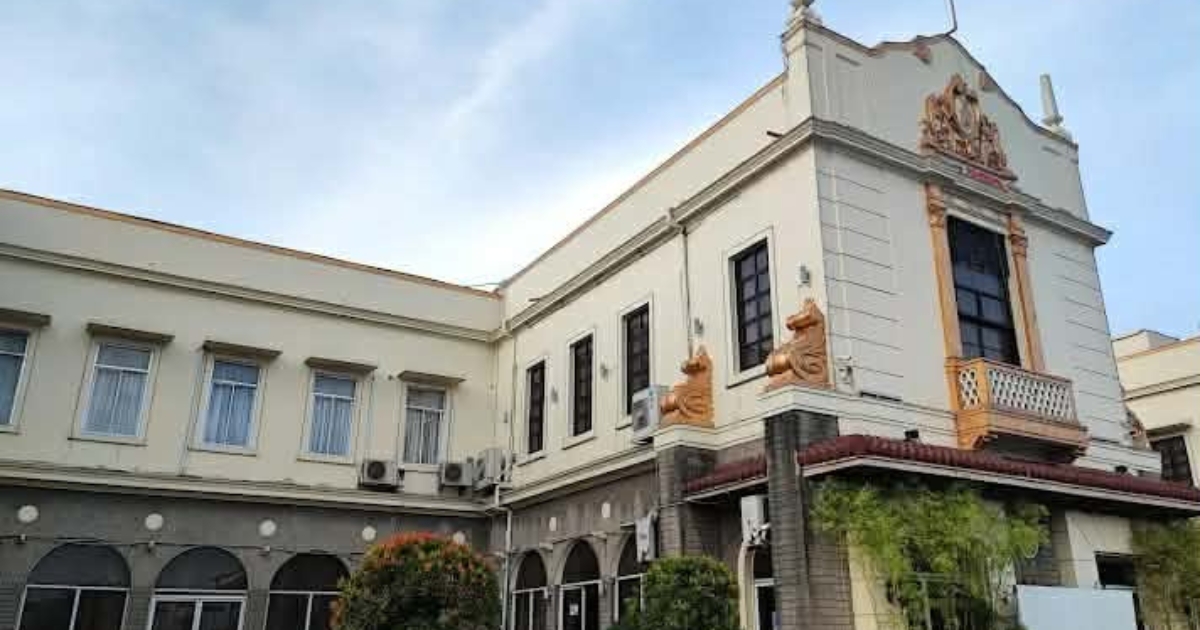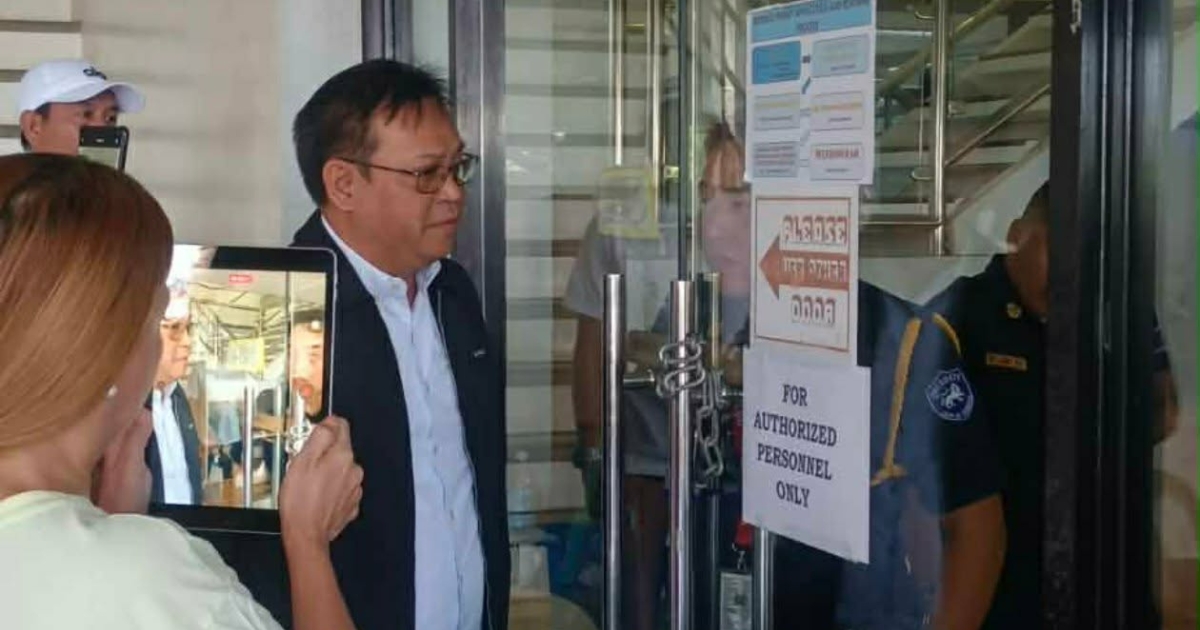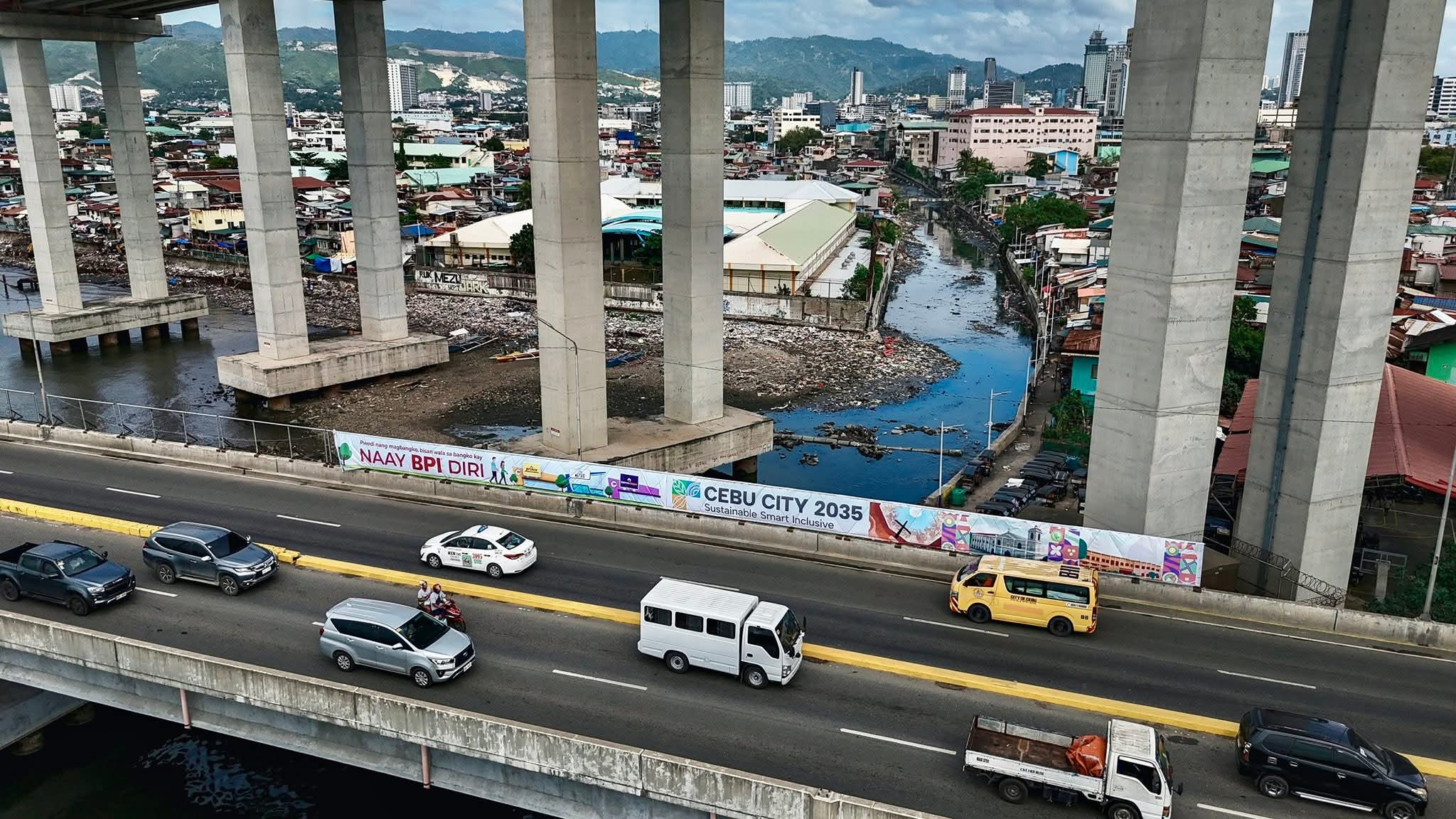President Ferdinand “Bongbong” Marcos Jr. recently signed a new law, the Anti-POGO Act of 2025. This law completely bans all Philippine Offshore Gaming Operations (POGOs)—the online gambling companies—from working in the country.
The move is historic because POGOs used to be a huge source of income for the government. But the new law makes it clear: the government believes the price of keeping this industry is too high.
What the Ban Really Does
The new law is straightforward: it makes it illegal to do anything related to POGOs in the Philippines.
- No More Offices: You cannot set up or run an online gambling office here.
- No Taking Bets: You cannot accept money or wagers for games played overseas.
- No Equipment: It’s illegal to own or use POGO gaming devices or materials.
Essentially, the government is shutting down the entire industry because it believes POGOs are a cover for serious crimes.
The Good: Security Over Money
For many years, POGOs brought in a lot of tax revenue, but they also brought a lot of problems. These weren’t small crimes; we’re talking about kidnapping, human trafficking, and massive online scam operations. POGOs created security risks and damaged the country’s reputation.
The government’s decision is a clear choice: national peace and public safety are more important than the revenue. They are willing to take a financial hit to stop organized crime from thriving inside the country.
The Bad: Empty Buildings and Lost Cash
The ban will have two major economic side effects:
1. The Government Loses Money
The government is immediately losing a significant amount of money it used to collect from POGO taxes and fees. This money often went to fund important public programs, like the national health insurance (PhilHealth). The government must now scramble to find new, steady income sources to keep these programs funded.
2. The Real Estate Shock
POGOs rented huge amounts of office space in cities like Manila. Now that these companies are gone, those buildings are empty. Landlords and property owners are struggling to find new tenants, which is causing rent prices to drop in certain areas. This is a big problem for the commercial real estate market.
The Biggest Challenge: Jobs and Underground Crime
Displaced Filipino Workers
Many people overlook that around 40,000 Filipinos worked for the POGOs in support roles as cooks, drivers, janitors, and clerks. Because POGOs often paid very high cash wages, these workers are now unemployed and finding it hard to accept the lower pay of normal jobs.
This job crisis creates a new danger: the criminal groups that used to run the POGOs might try to recruit these jobless workers by offering them high cash pay to join their illegal activities.
Gangs Moving Underground
The biggest POGO offices are closed, but the criminal groups haven’t vanished. Instead, they’ve simply moved their operations. They are now setting up smaller, harder-to-find gaming cells in private apartments, houses, and hotel rooms.
Police are having trouble catching these smaller, “guerilla-style” operations, meaning law enforcement needs new ways to track the crime groups that have gone into hiding. The government now has to fight a decentralized enemy.
The Anti-POGO Act of 2025 is a major victory for national security, but the difficult process of dealing with the economic fallout and adapting criminal groups has just begun.











